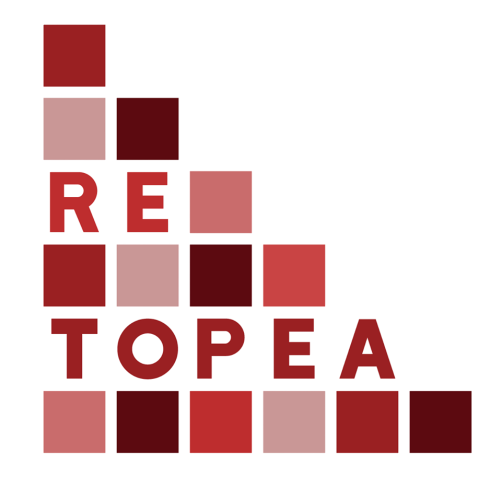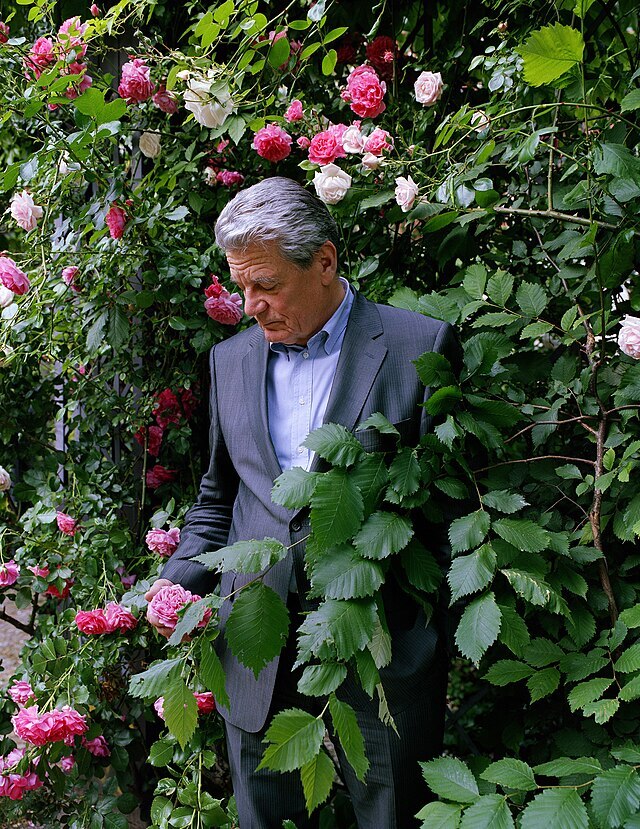"Dark Germany - Bright Germany" 1: President Gauck (2015)
‘Here with me today are volunteers from “Wilmersdorf Helps”. This is one of the groups that have popped up in Germany as networks, as ad hoc groups of people who want to help. They show that there is a bright Germany, which is shining here, in the face of a dark Germany that we feel when we hear about attacks on asylum seeker homes or hostile actions against people who are seen as foreign. It is important to me that Germany is lifted up by the presence of hundreds of thousands of people who are ready to help. Every day people come here to this place. They use their free time and break off their holidays from work, university or school to help as translators or to provide medical assitance.
[...]
That is the Germany that we are building and that we rely on. And that is a very clear answer to haters and arsonists who are spoiling the appearance of our country.
[…]
And I would also like to remind you that in terrible times, when Germany was desperately poor and destroyed, it had to manage much greater challenges with large streams of refugees. Of course, people living in Germany today have forgotten this. But these were extreme challenges that this country managed to overcome. And this is why this Germany with its strong shoulders – speaking from an economic and political point of view – is able to deal with these challenges. And the good thing is that we don’t just have institutions to deal with this, but that all over the country, there are citizens who have woken up ready to approach people in a positive way, to have new experiences with immigrants.’
(Joachim Gauck, 2015)
This is part of a speech that Joachim Gauck held in his role as President of Germany on 26 August 2015. He gave this speech as part of a visit he made to a centre for refugees in Wilmersdorf, a district of the city of Berlin. This was at a time when Germany was expecting at least 800,000 refugees from Syria, Iraq, Afghanistan and many other countries. His speech was a response to a rising number of hate crimes against refugees, including a recent arson attack, where a shelter for asylum seekers was set on fire.
How does Gauck describe the difference between his vision of a ‘dark Germany’ and a ‘bright Germany’?
Gauck refers to a time in the past when Germany had to deal with large numbers of refugees. He is talking about the post-war years here (following World War II). What do you know about this time? How could this history be relevant today? How is Gauck trying to encourage people to live together peacefully here?

